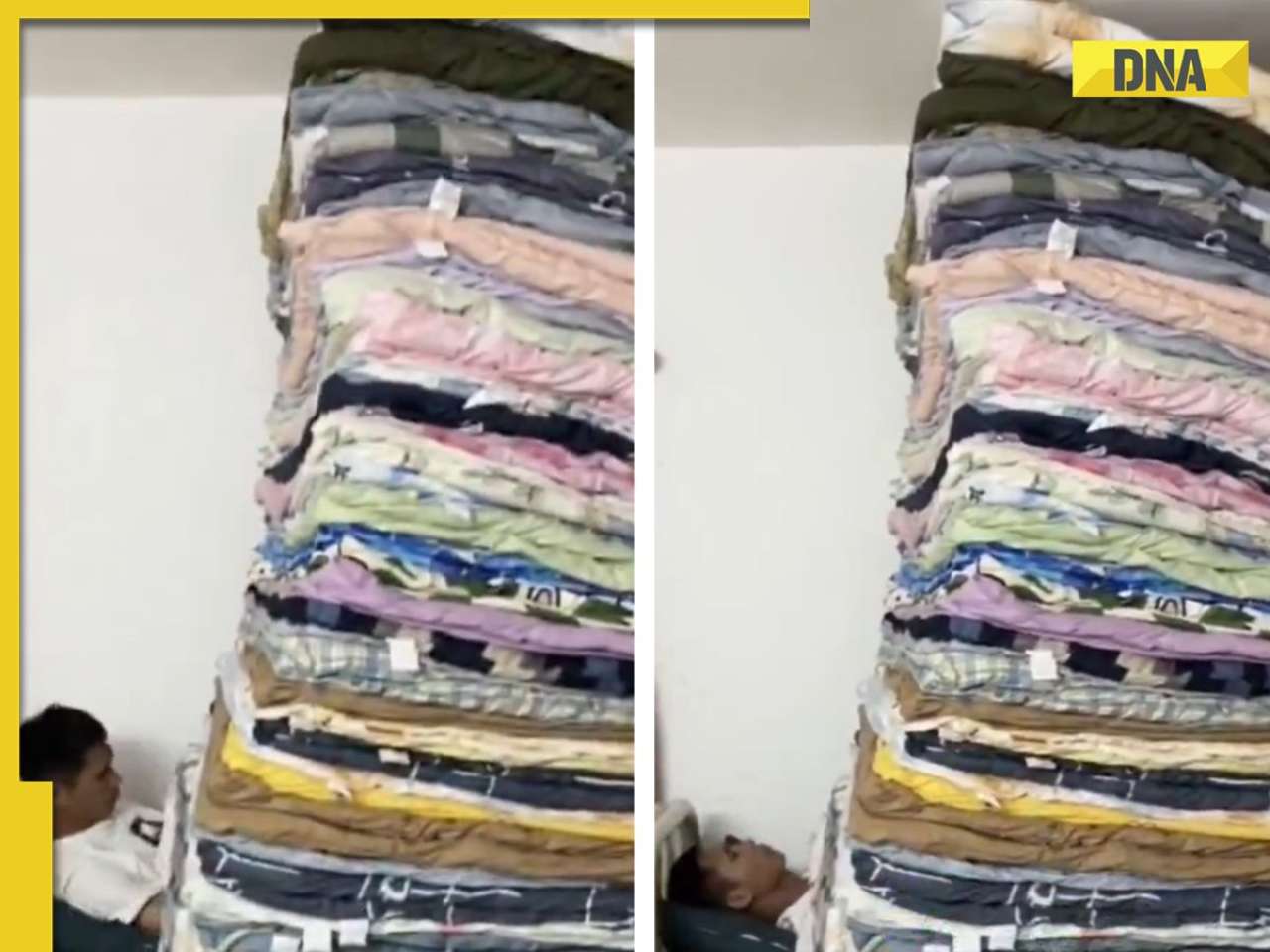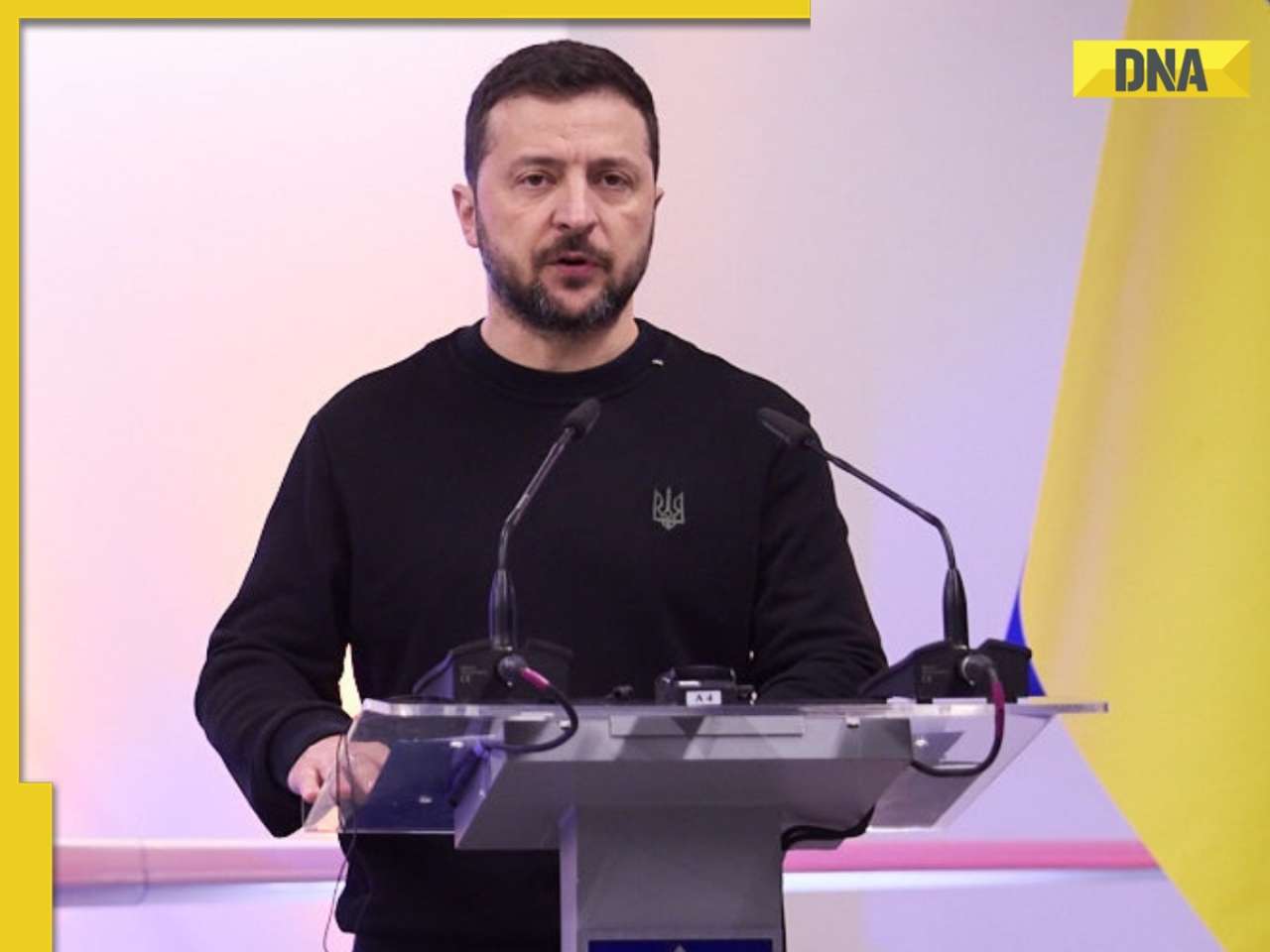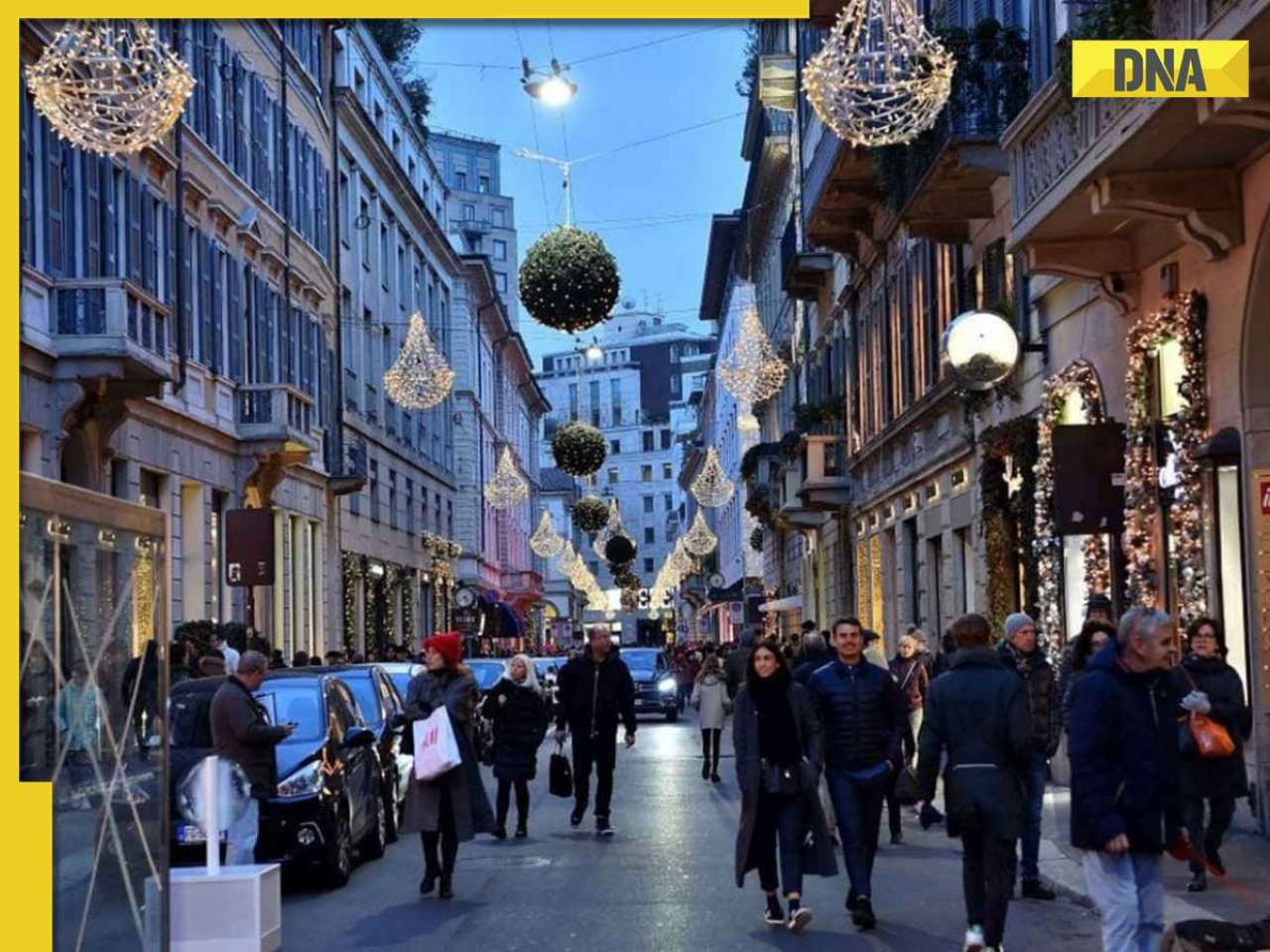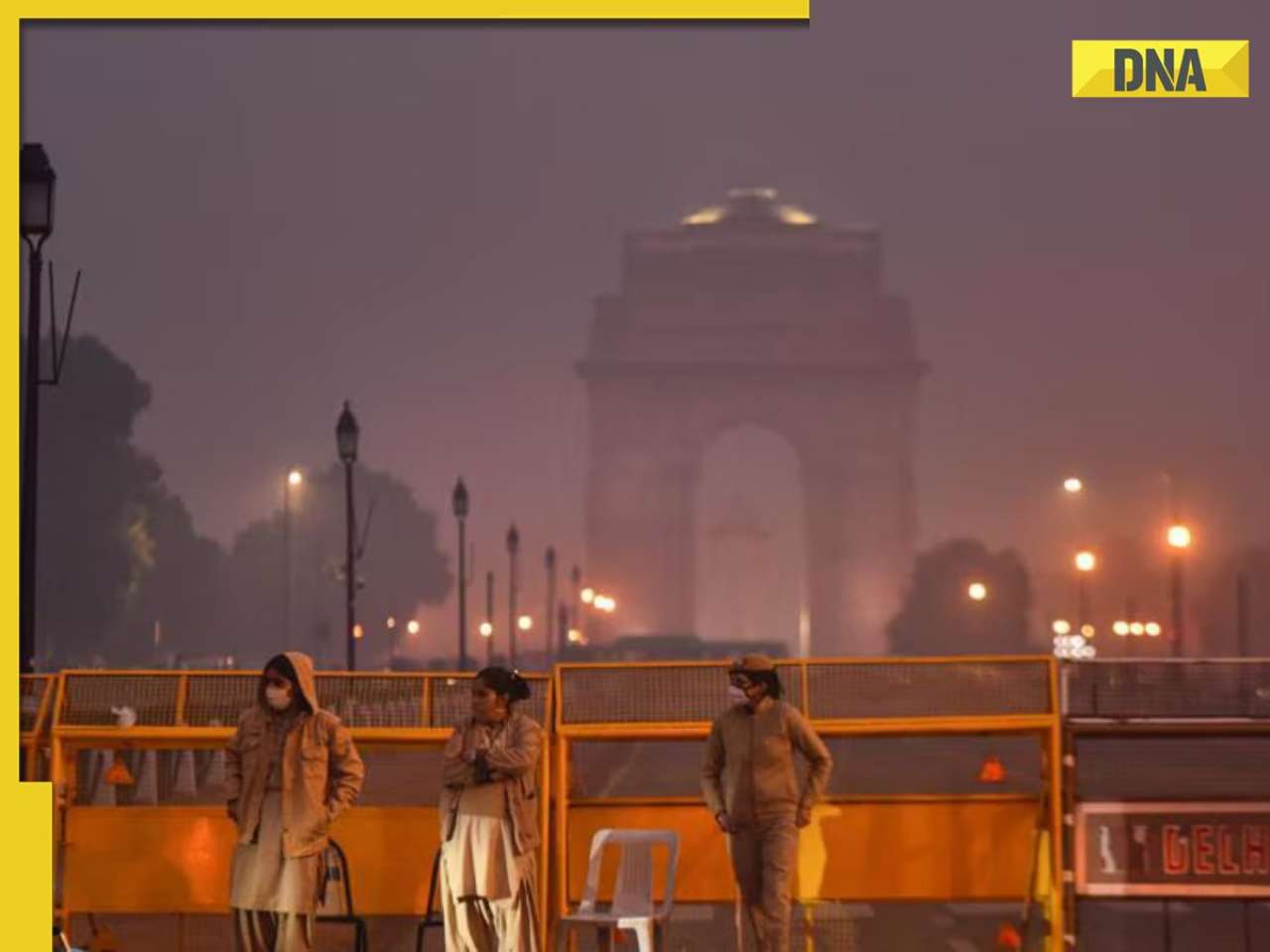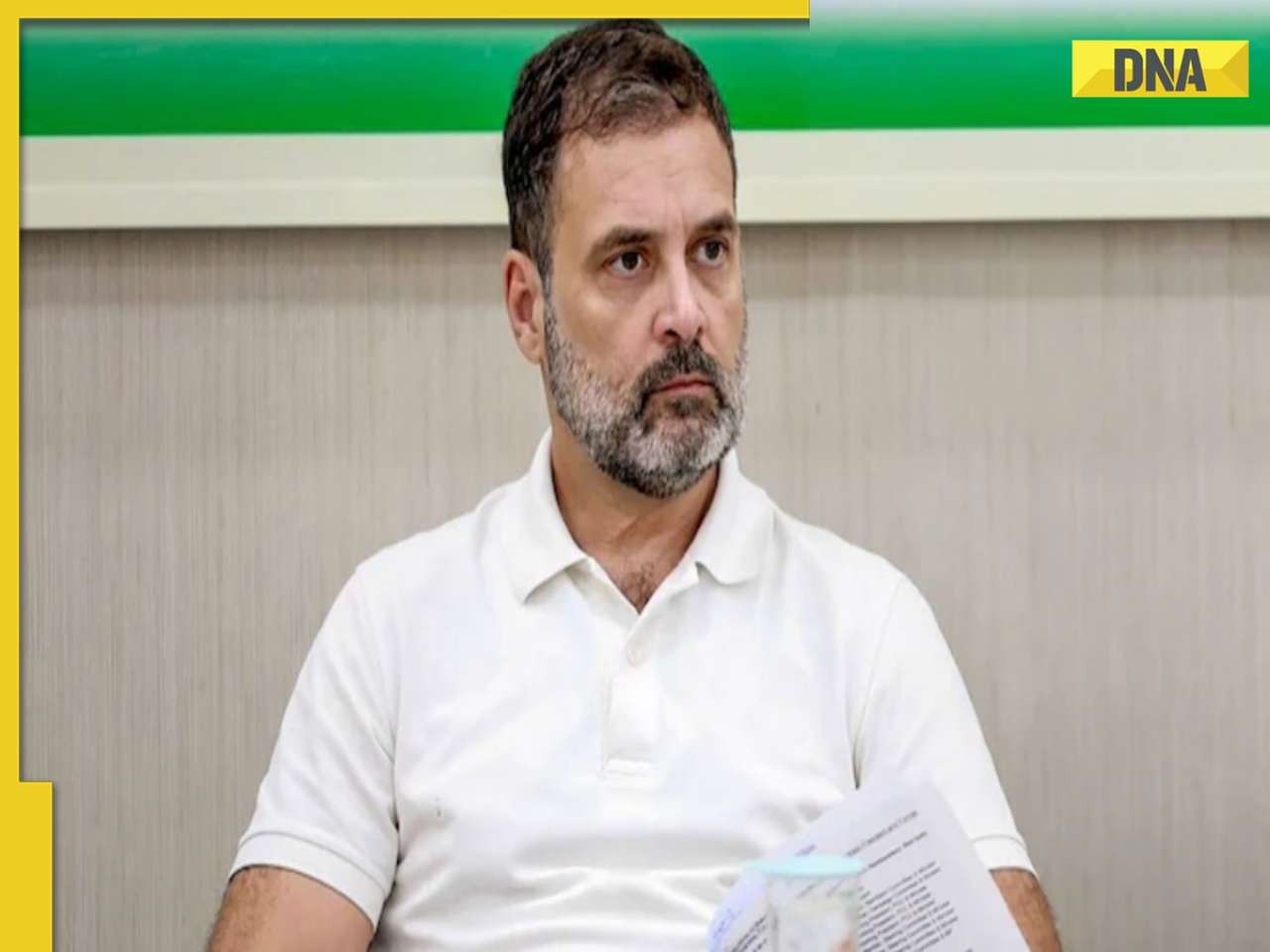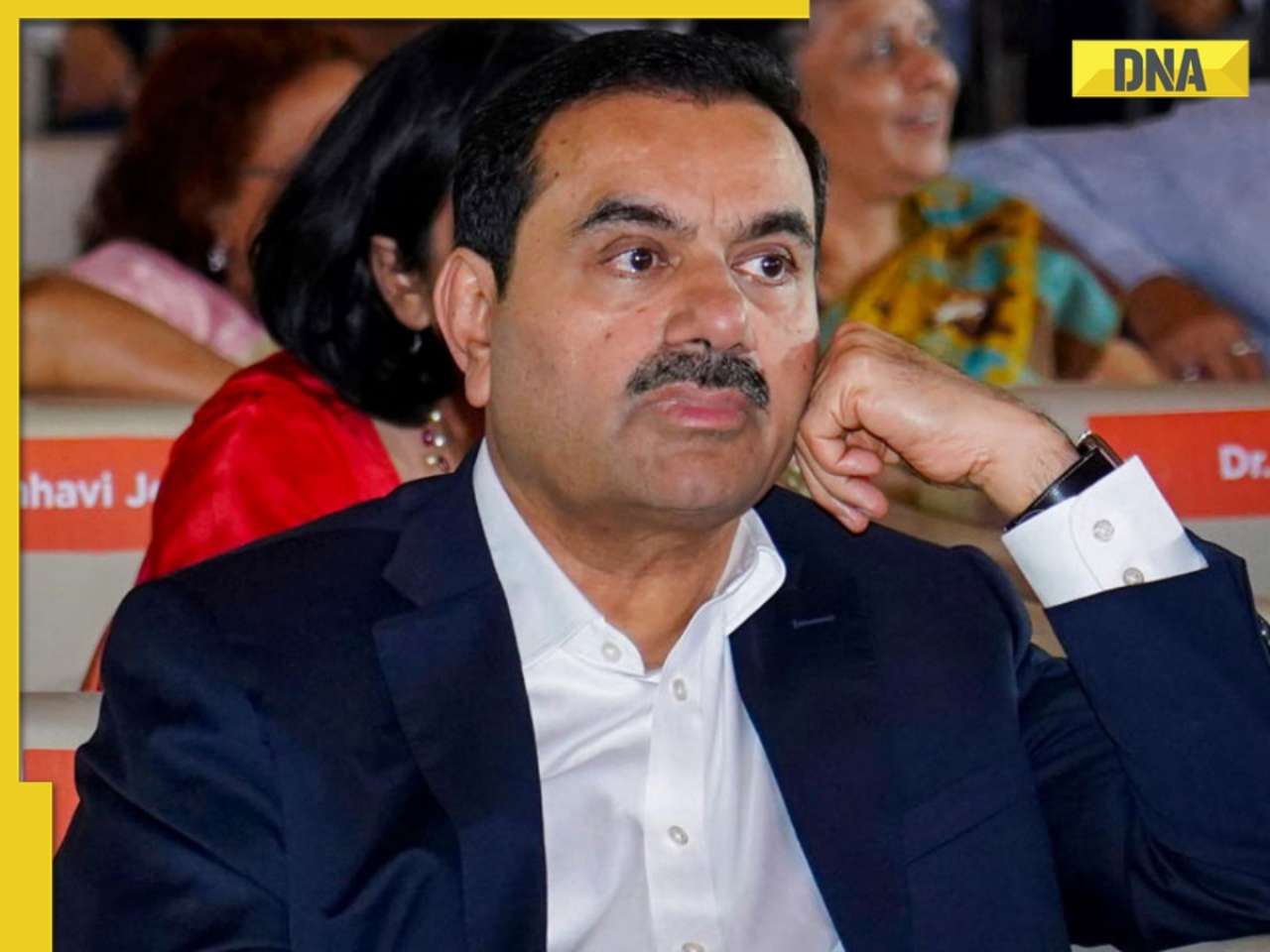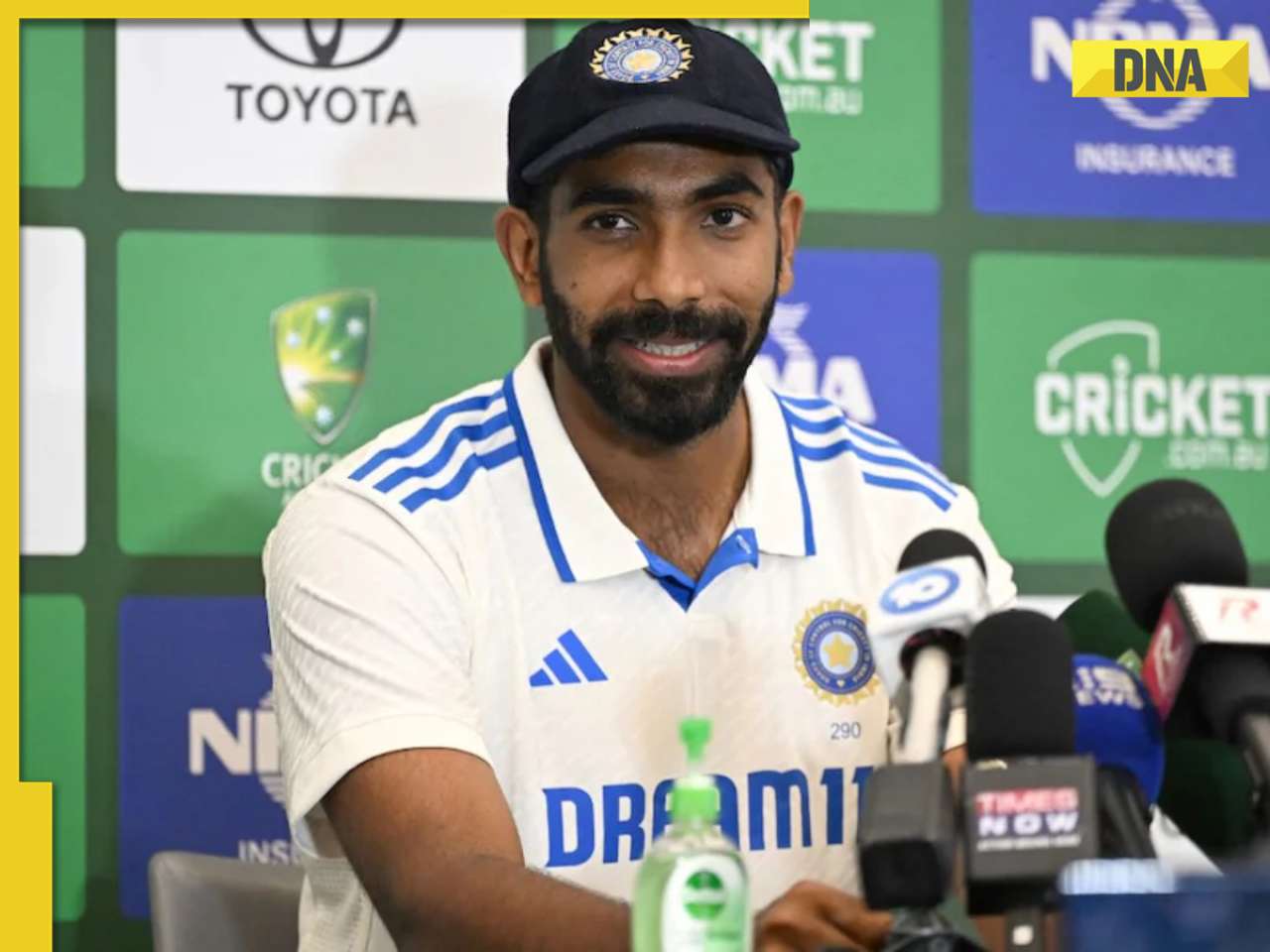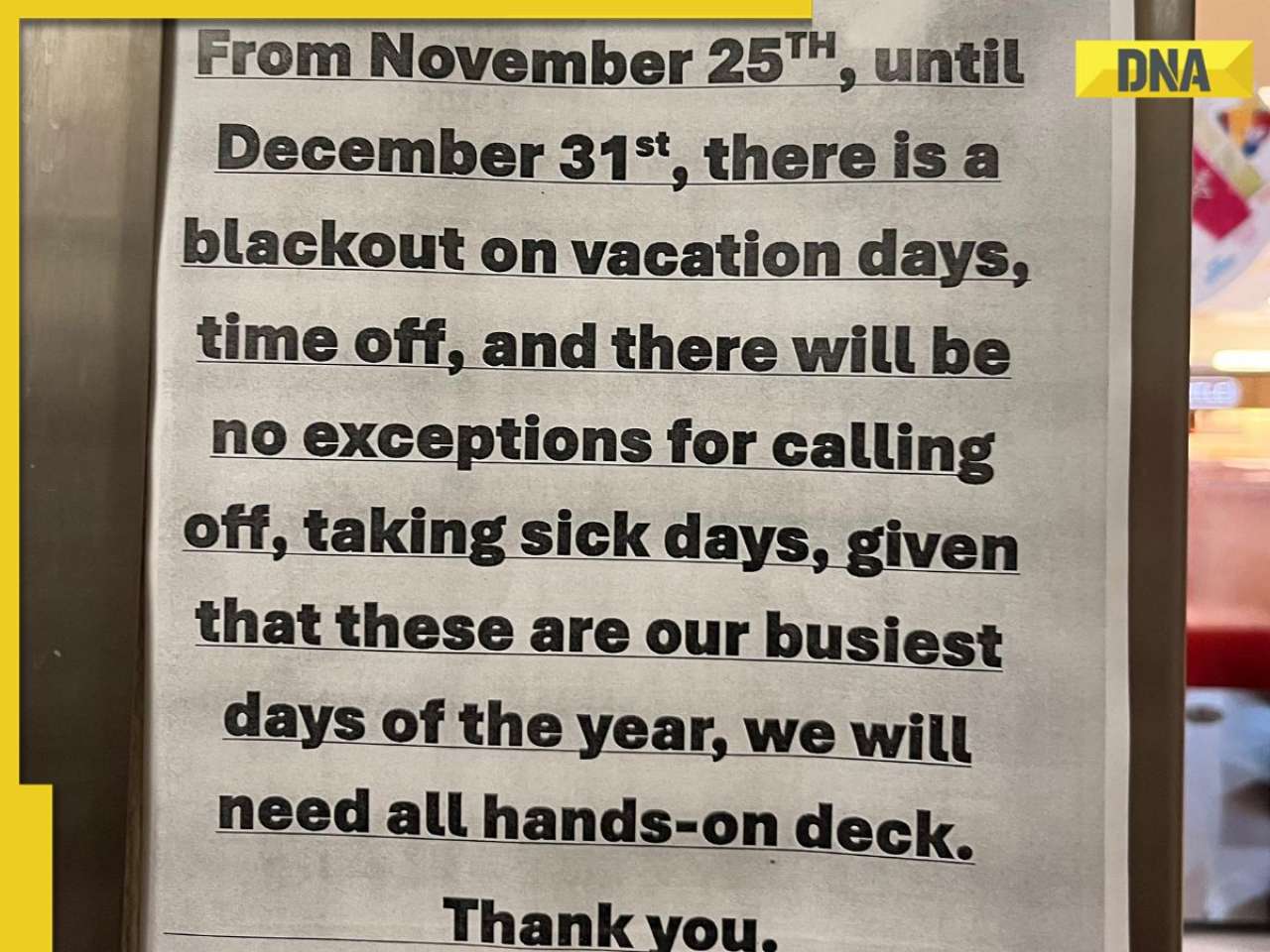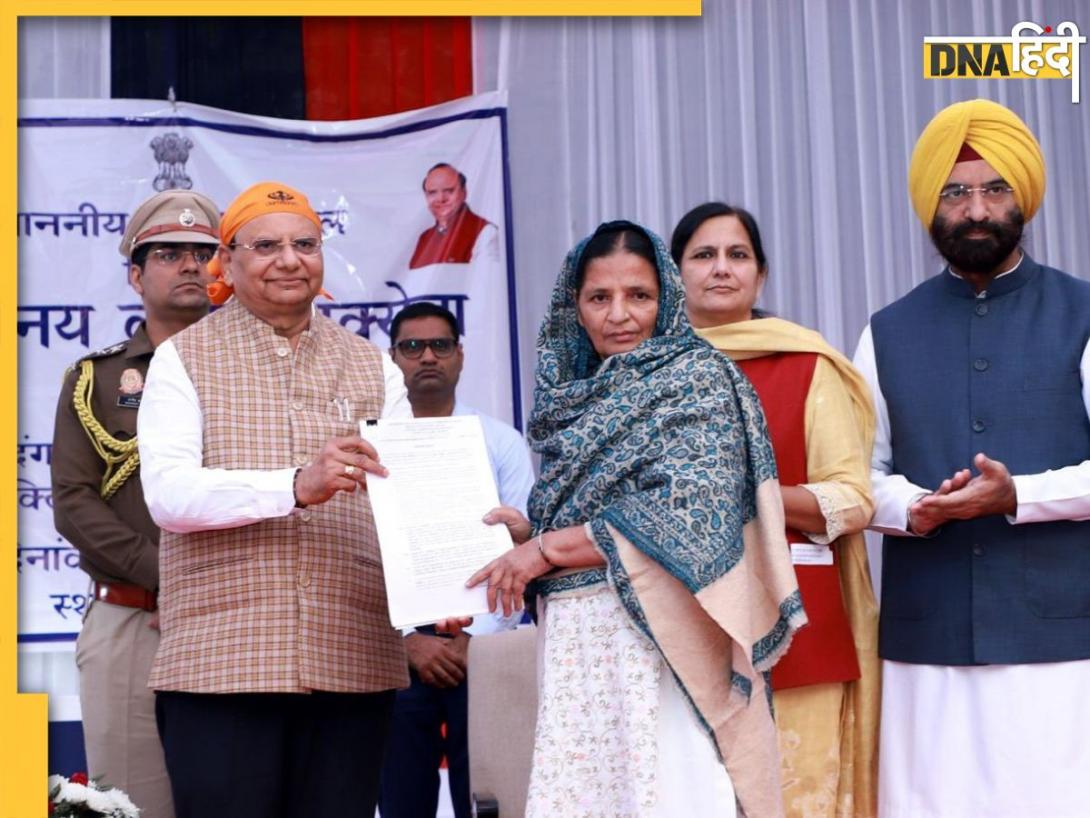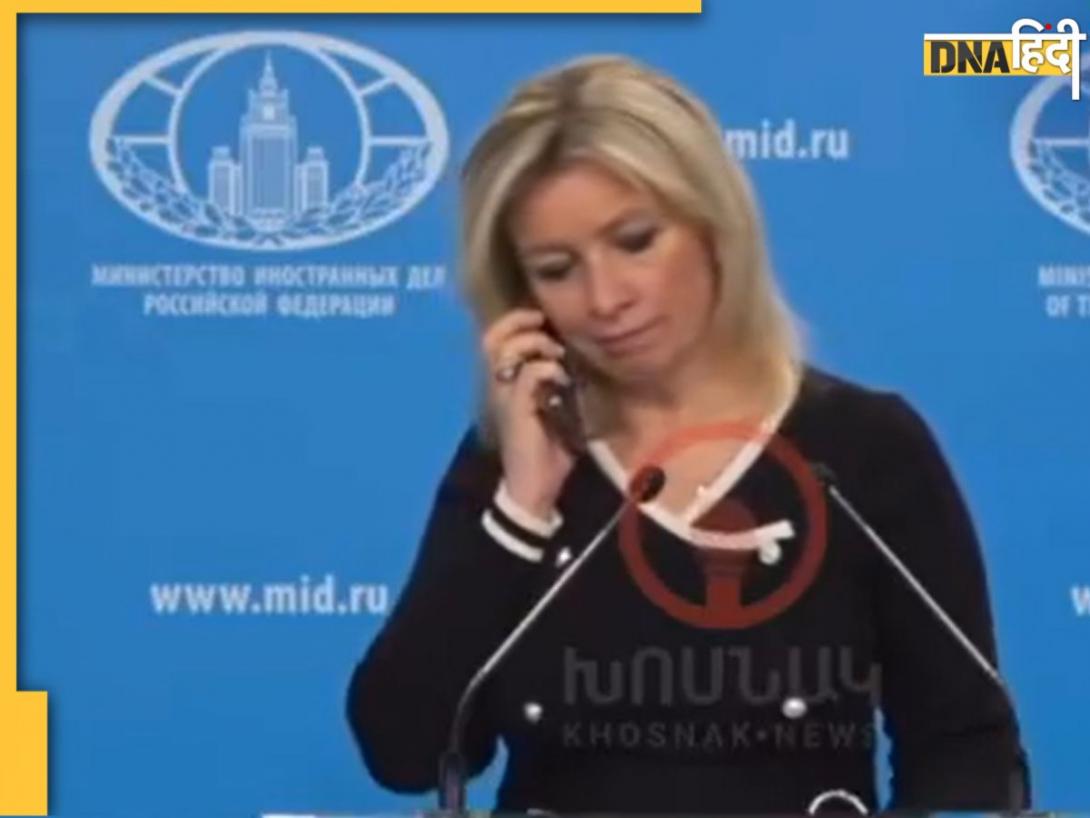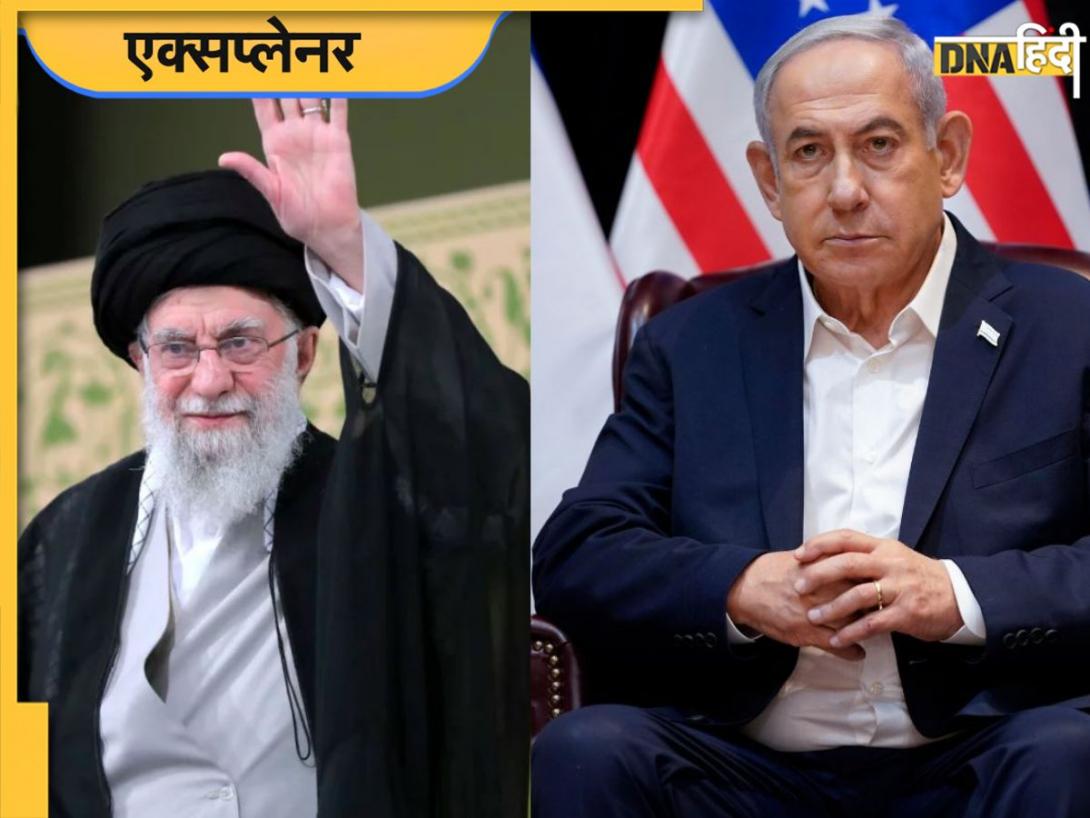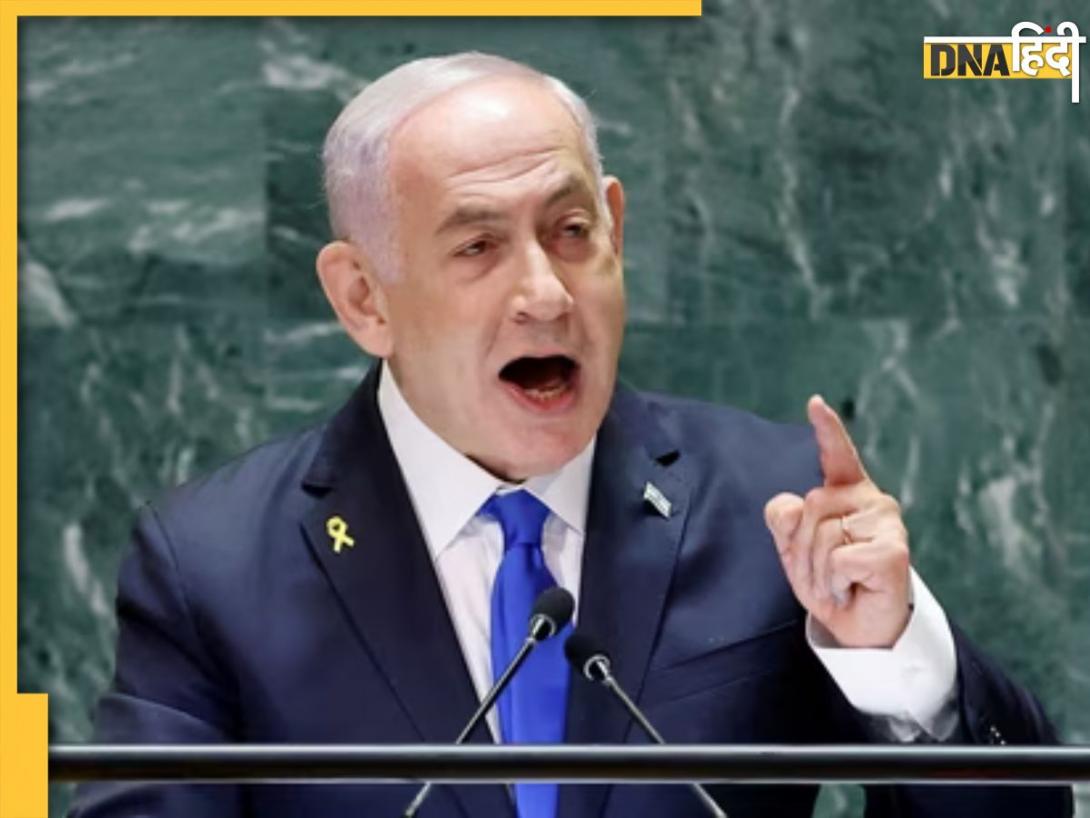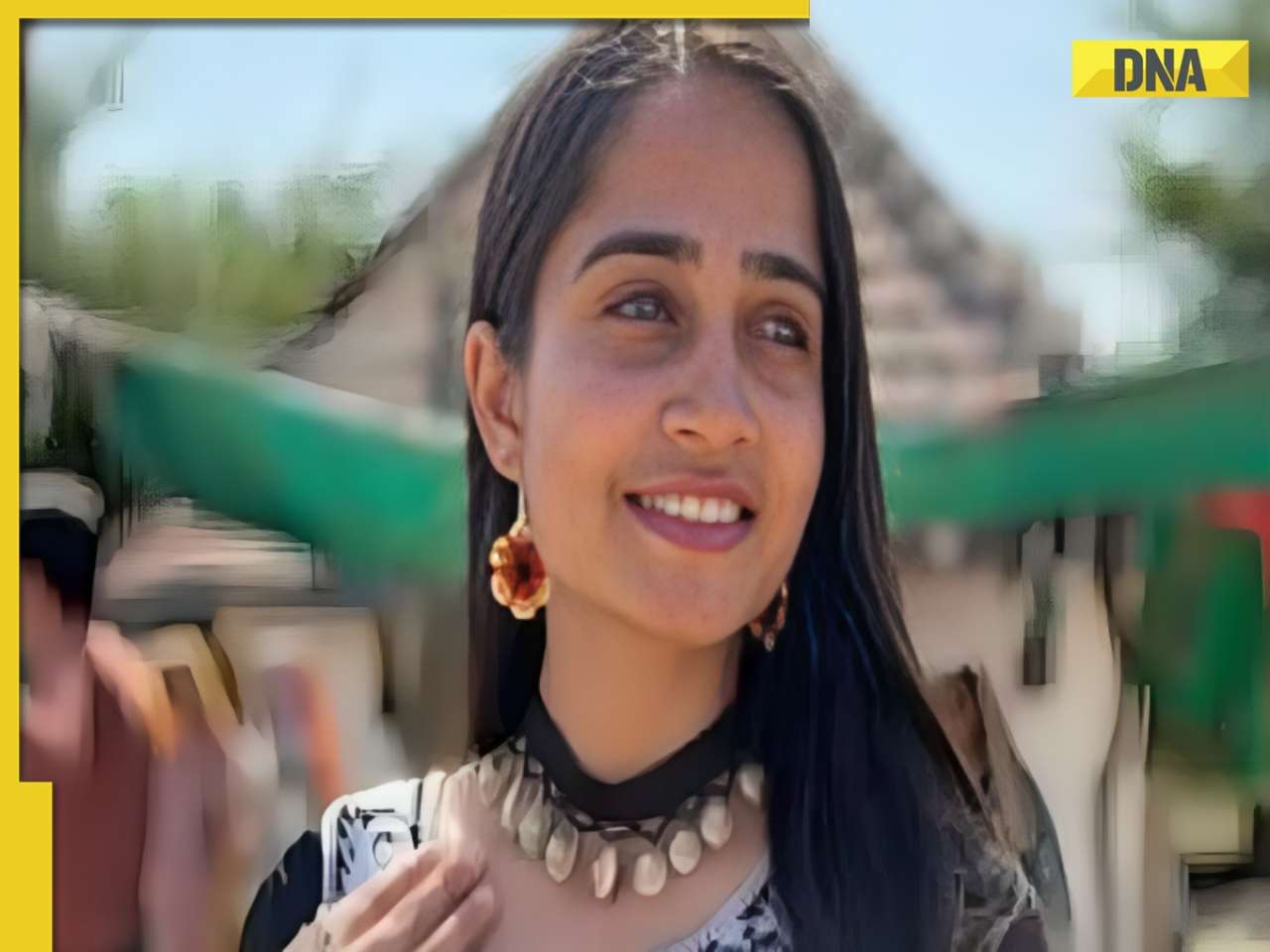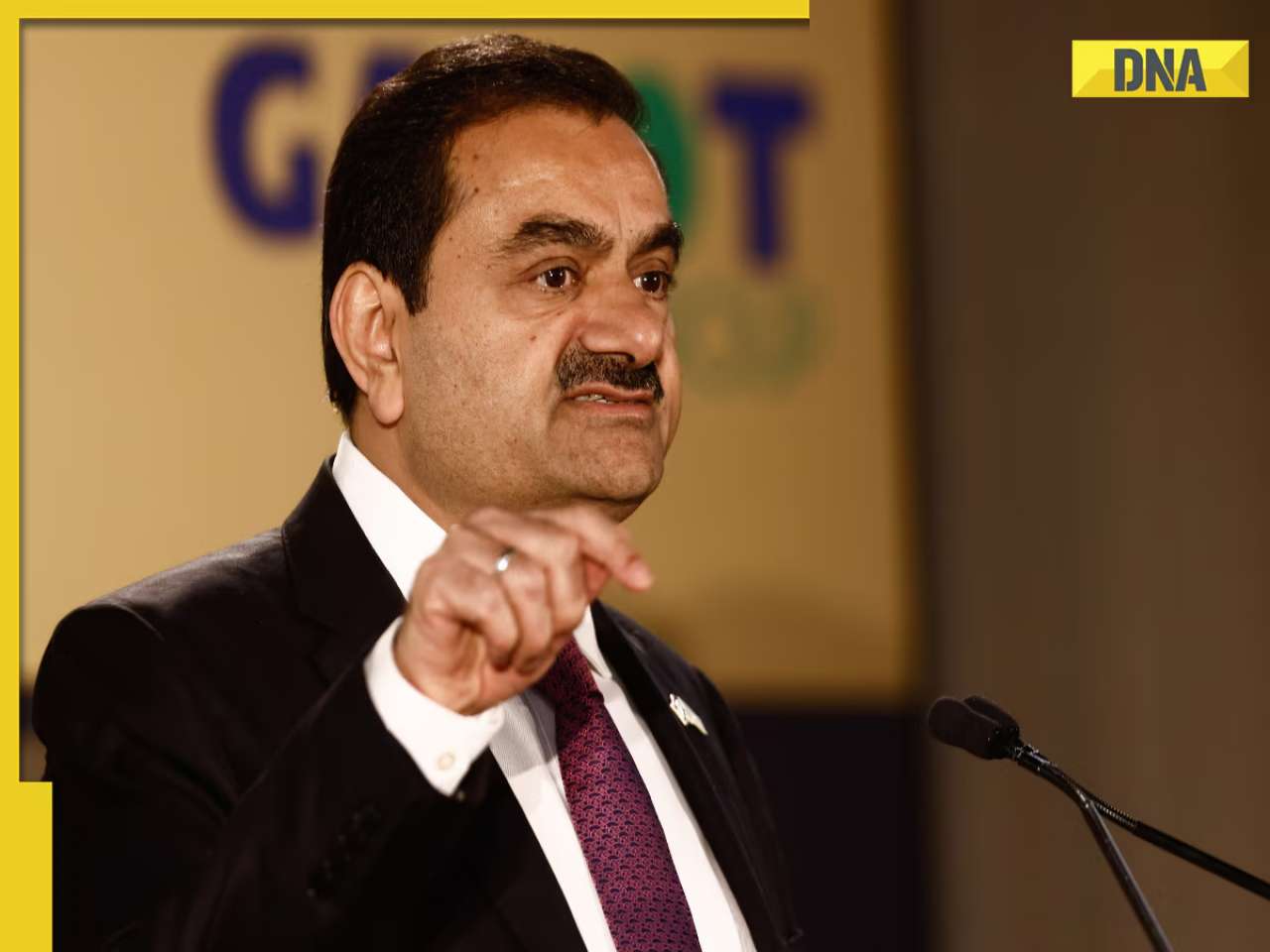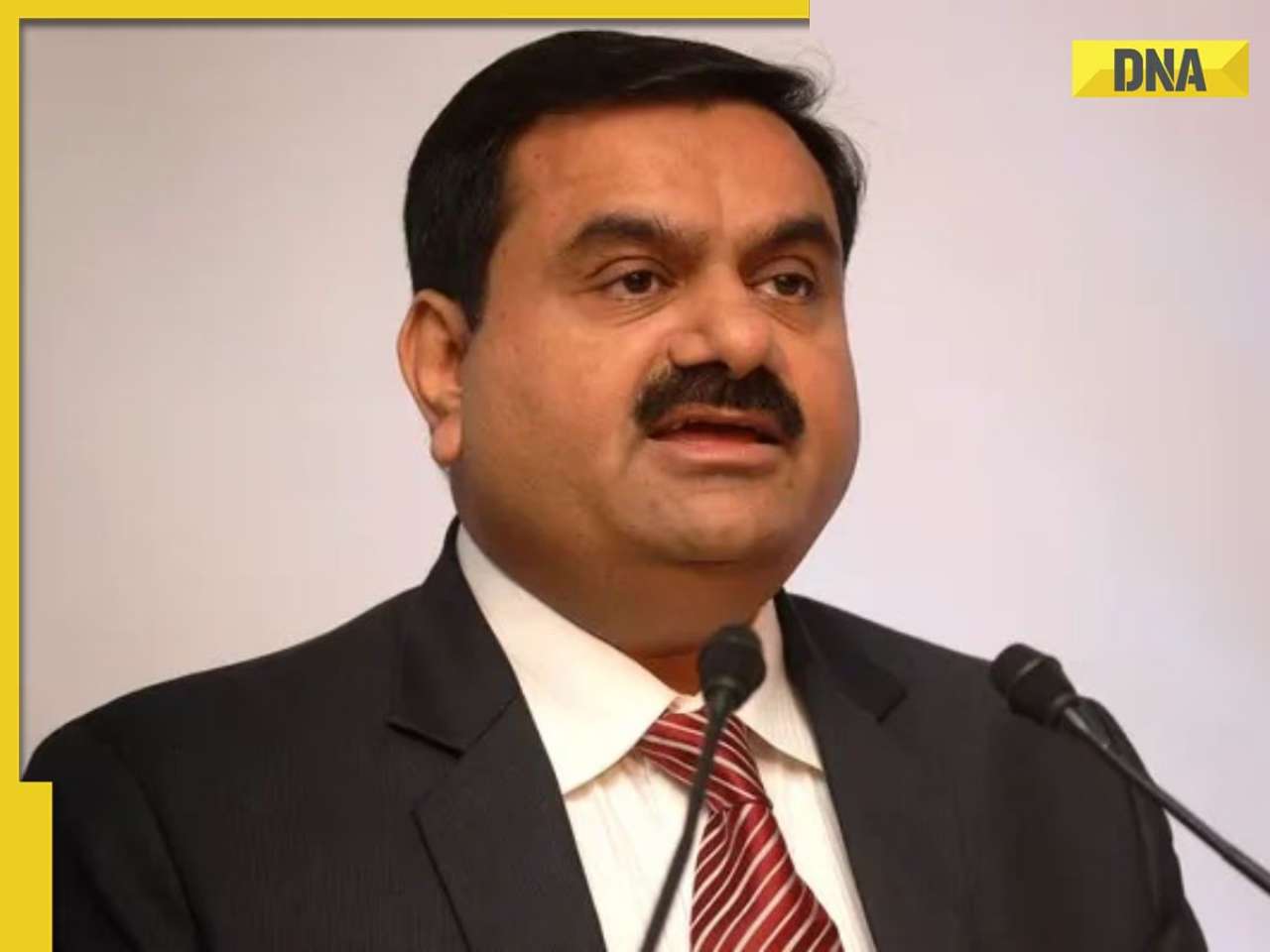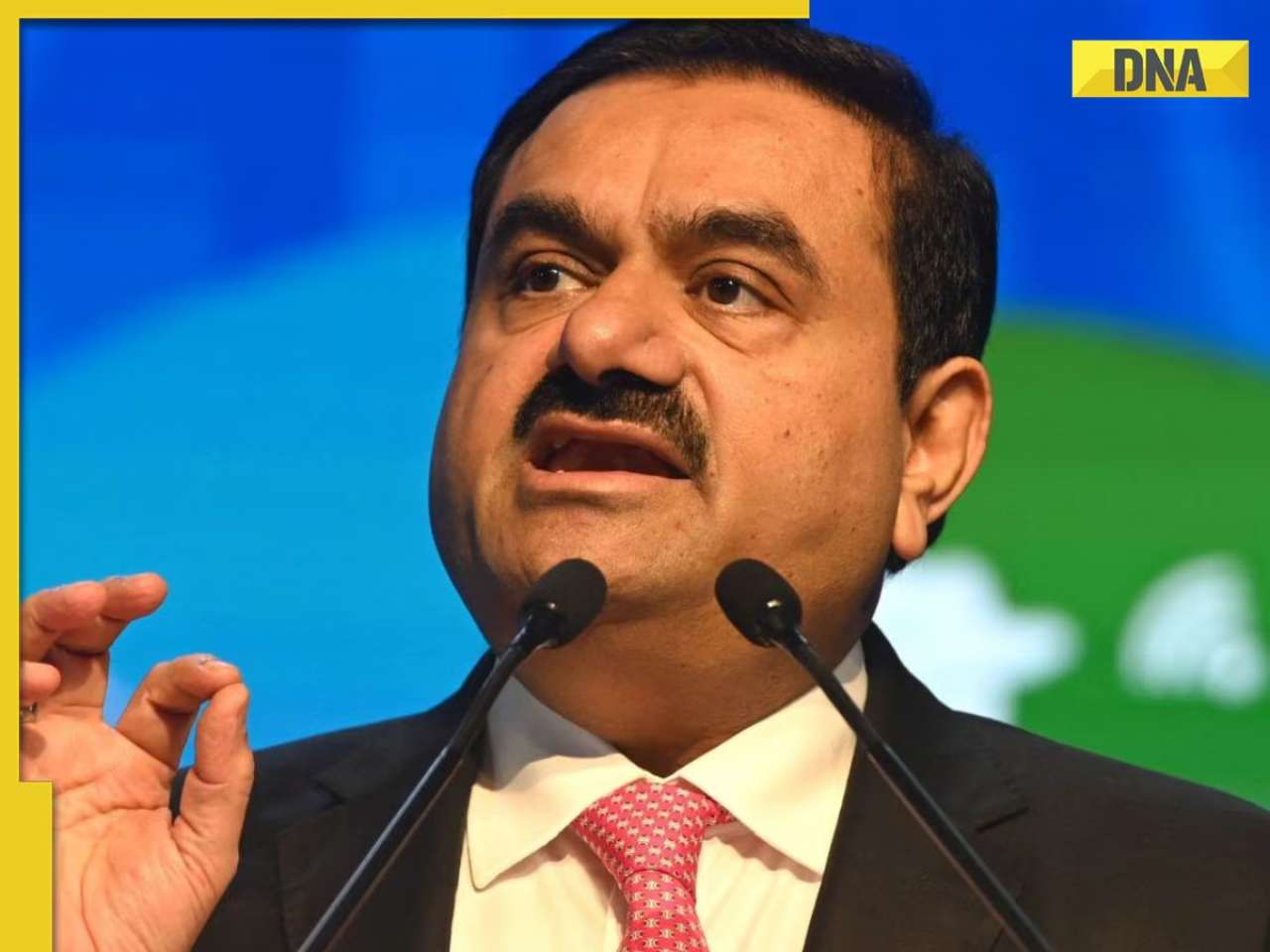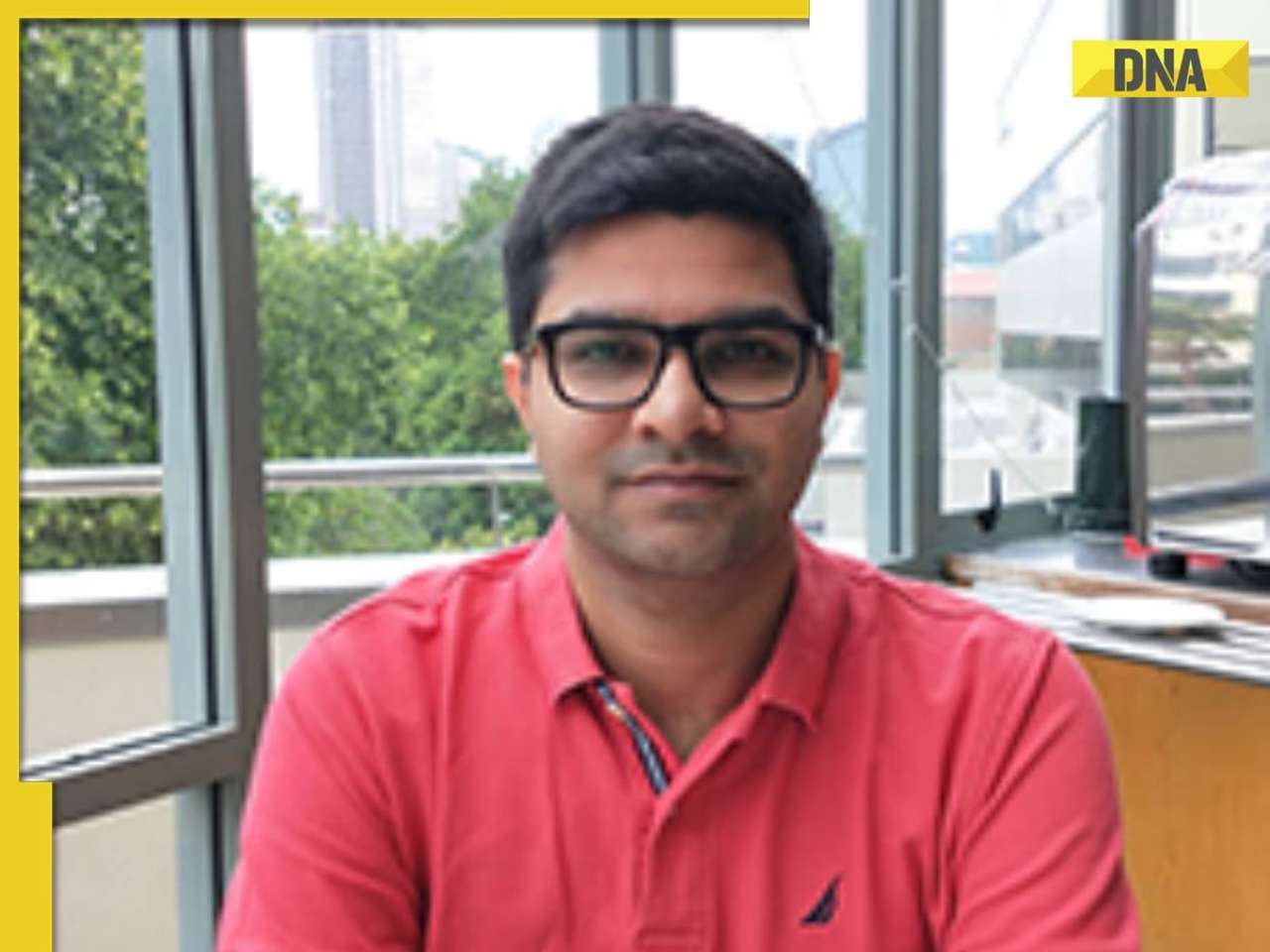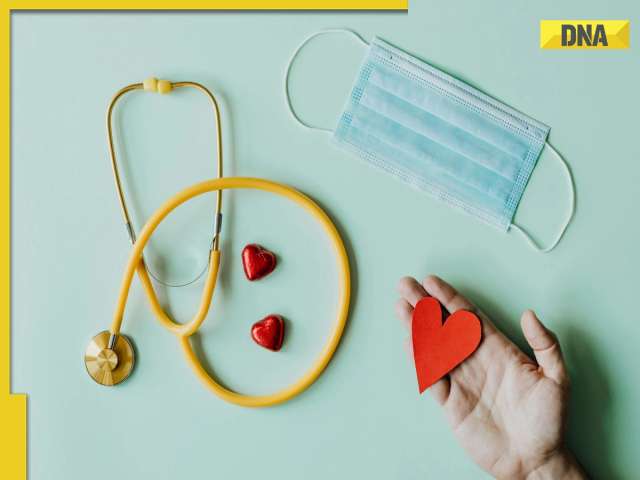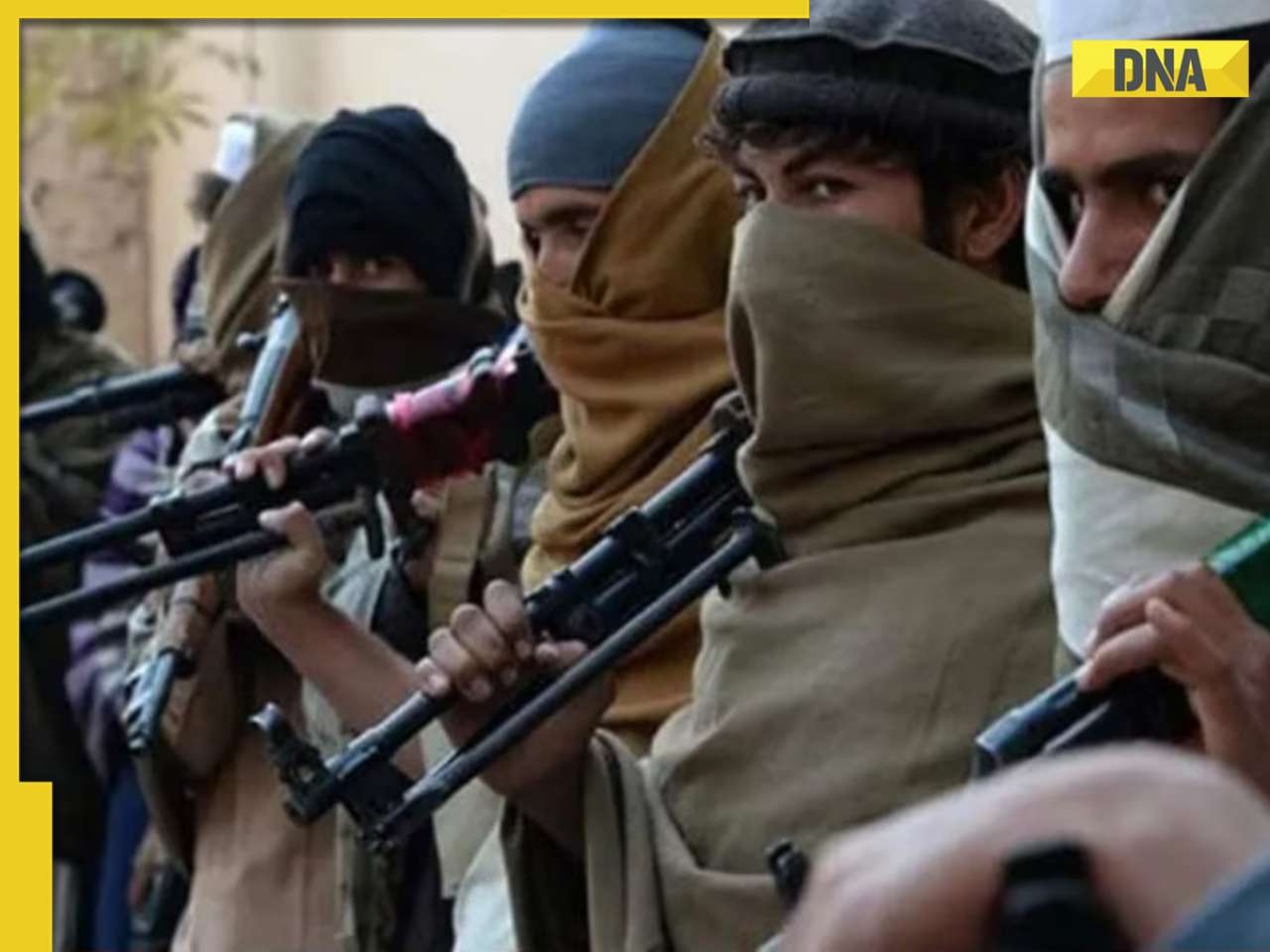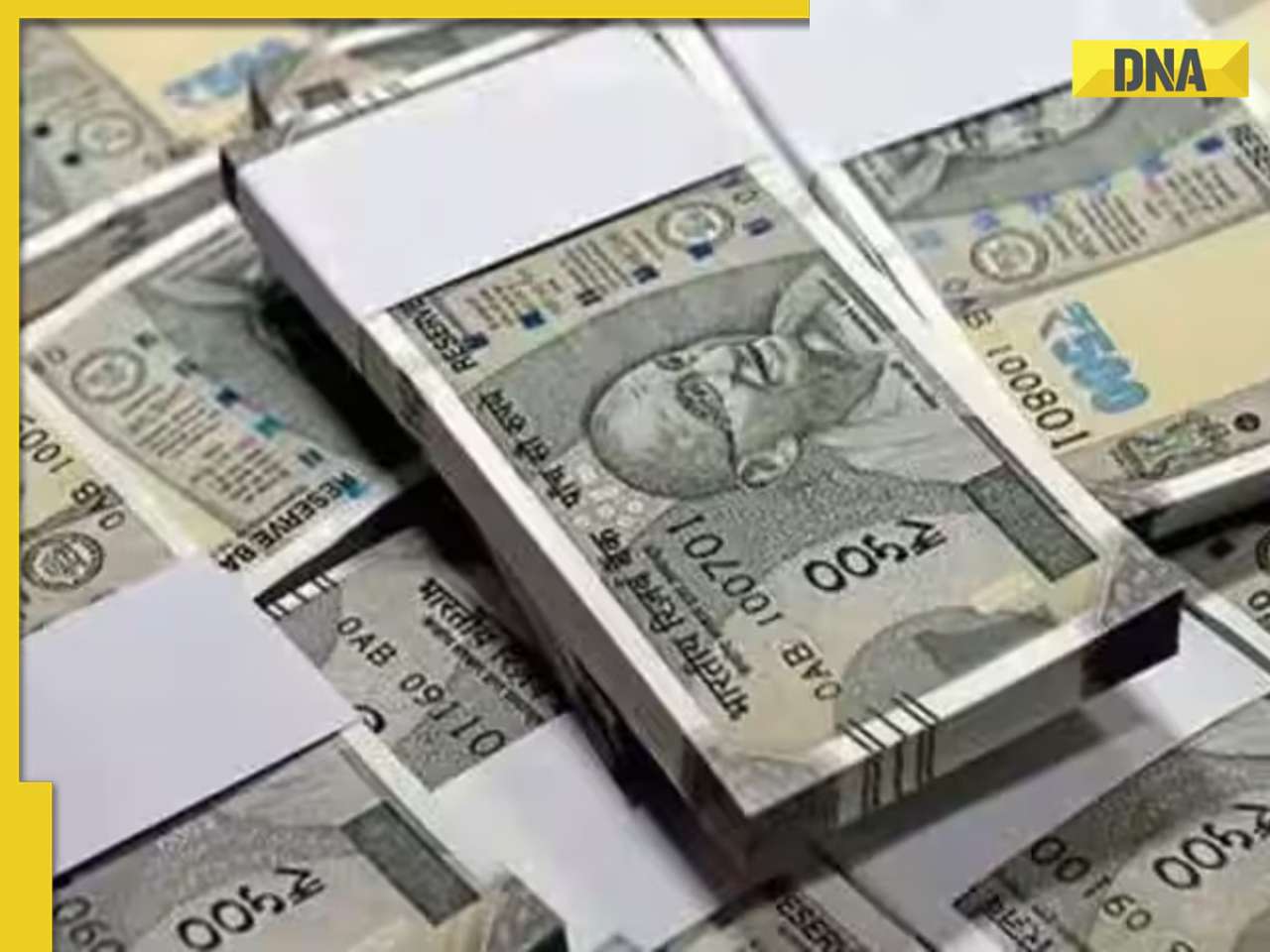- LATEST
- WEBSTORY
- TRENDING
INDIA
India's most challenging underground metro starting this month, it will launch in...
The first phase, which covers the section between Aarey Colony and BKC, including the Aarey Carshed and Aarey Station, is expected to be operational by the end of the month.
TRENDING NOW
Mumbai Metro Line-3, one of India’s most complex and challenging underground metro projects, is set to begin operations by the end of September. Also known as the Aqua Line or Colaba-Bandra-SEEPZ Line, the project has faced numerous obstacles and stands out as one of Mumbai's most technically demanding infrastructure endeavors. Spanning 33.5 kilometers, the route links major business, commercial, and entertainment hubs such as Nariman Point, Fort, BKC, SEEPZ, and MIDC, and is poised to significantly enhance the city's transportation system.
The first phase, which covers the section between Aarey Colony and BKC, including the Aarey Carshed and Aarey Station, is expected to be operational by the end of the month. Maharashtra Chief Minister Eknath Shinde confirmed the plans, stating, "We intend to start Mumbai Metro Line-3 by the end of this month. We'll begin with the first phase, with the second phase to follow."
The second phase, stretching from BKC to Colaba, is slated for completion in 2025. Once fully operational, Metro Line-3 will serve 1.7 million passengers daily, with trains running at intervals of 3 to 4 minutes, accommodating around 2,500 passengers at a time. The project, overseen by the Mumbai Metro Rail Corporation Limited (MMRCL), is estimated to cost approximately ₹38,000 crore.
Upon completion, the metro will provide a seamless commute between Colaba and SEEPZ in just one hour, mirroring the north-south routes of the Central and Western Railways. It will feature stations near key locations like Chhatrapati Shivaji Maharaj Terminus, Churchgate, and Dadar, enhancing connectivity across the city. Additionally, the line will improve access to over 30 educational institutions, 13 hospitals, 14 religious sites, and more than 30 recreational venues.
Officials also highlighted that the line will connect previously underserved areas such as Kalbadevi, Girgaum, Worli, and Chhatrapati Shivaji Maharaj International Airport. The new metro line will integrate with other transport systems, including Metro lines, Mono Rail, suburban railways, and state bus services, and is expected to ease congestion on the city's suburban railway network by 15%.


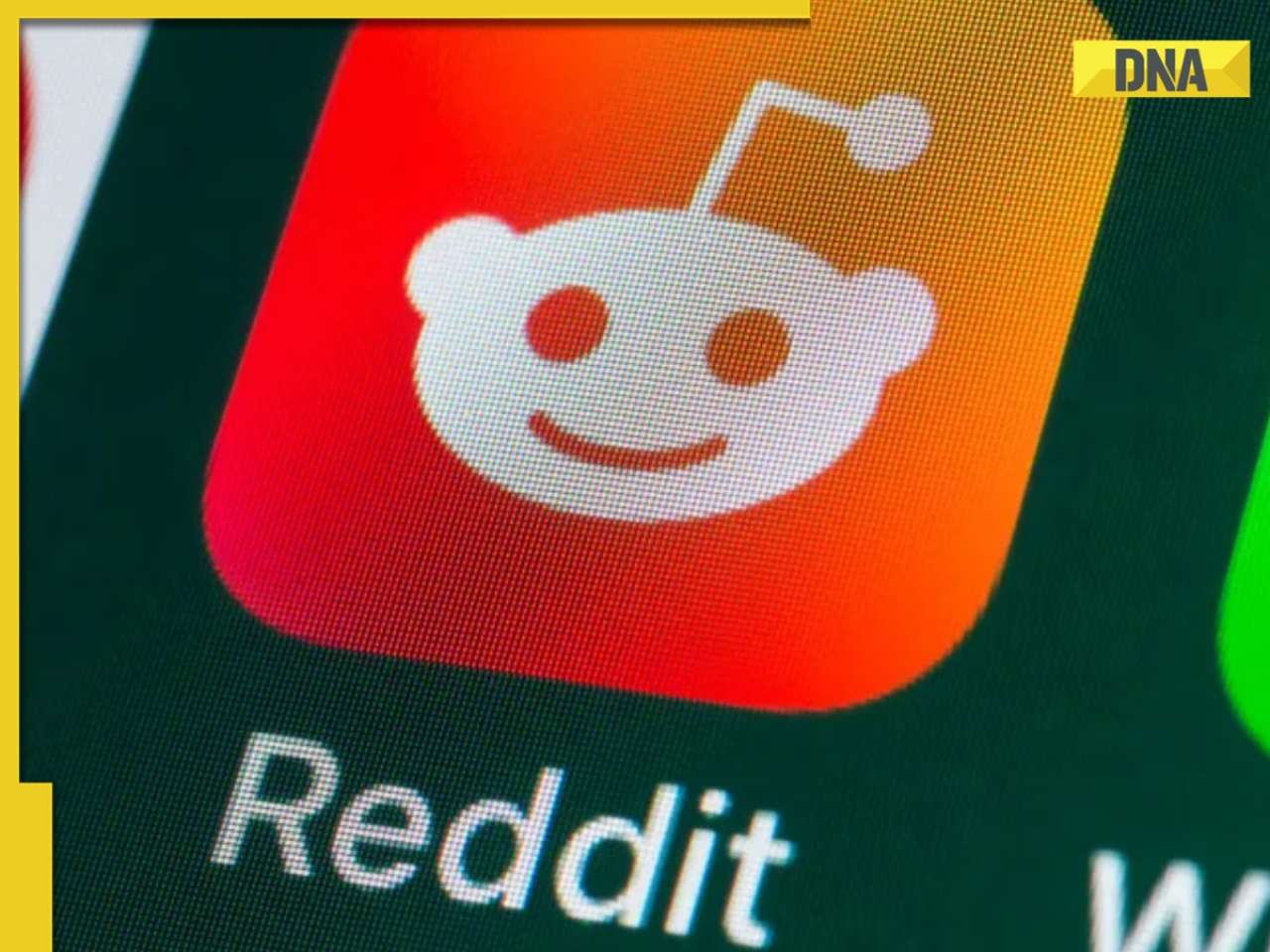




)
)
)
)
)
)
)
)
)
)
)
)
)
)
)
)





